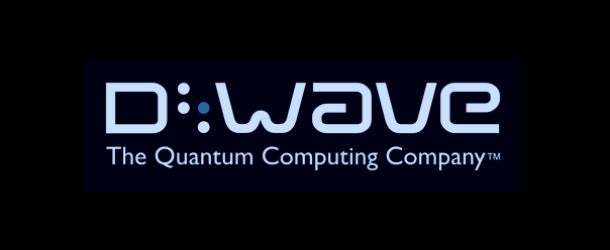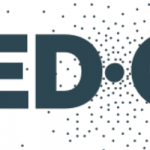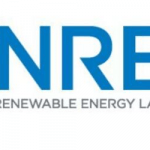D-Wave, DPCM announce post-merger board, changed redemption plan

D-Wave Systems, which is in the process of merging with DPCM Capital, announced its new board of directors that will take over governance of the resulting company after the planned business combination is completed.
Upon the closing of the transaction, which was announced in early February, shares of D-Wave Quantum Inc., which will serve as the parent company of D-Wave and DPCM Capital, are expected to trade on the NYSE under the symbol “QBTS.”
The board of directors of that new firm will include Steven West as chairman of the board. West, a former executive of Hitachi Data Systems and Entera, and more recently a consultant, has served on the D-Wave Systems board since 2009.
New board members will include Roger Biscay, a former Cisco Systems executive; Amy Cappellanti-Wolf, a former human resources and real estate executive with Symantec and many other firms; Emil Michael, CEO of DPCM Capital; and Michael Rogers, a former Congressman from Michigan, advisor on cybersecurity and emerging technology, and board member for several other companies. This group will join current D-Wave board members Alan Baratz, who is CEO of D-Wave, and Eduard van Gelderen, Chief Investment Officer at the Public Sector Pension Investment Board.
“D-Wave is leading a significant shift in computing, as it harnesses the power of quantum to solve today’s critical problems for organizations,” said Steven West, chair-elect of the D-Wave Quantum Board of Directors. “The new board will bring extensive expertise in helping companies accelerate commercial delivery of quantum technology solutions, build fiscally sound and compliant businesses, and navigate high-growth expansion across product categories, industry verticals and global markets. We look forward to supporting D-Wave as it continues to bring real, practical commercial quantum computing solutions to market.”
D-Wave and DPCM have said that they intend to close their “De-SPAC transaction” (a merger between a private company and a special purpose acquisition company, with the intent to raise funds for the merger through a planned IPO) during the current quarter. A closing date and IPO date have yet to be announced.
SPAC deals have been heavily scrutinized throughout a variety of industries, including in quantum, where firms like IonQ and Rigetti Computing each agreed to SPAC mergers, and later saw their stock values plummet well below their market debut prices. Rigetti recently admitted that it was slowing down its technology development roadmap in part because it did not raise as much new funding as it had hoped through its SPAC transaction.
D-Wave’s announcement of the company’s planned board of directors comes after Michael recently outlined details of an adjusted redemption structure for the D-Wave-DPCM merger after it witnessed other SPAC transactions facing challenges because shareholders in the SPACs were redeeming their shares–effectively selling out–too early in the process.
In an interview with IPO Edge, Michael said, “There has been a fundamental change in the SPAC market relative [to] six to nine months ago, and so now the game on the ground is to make sure that there [are] as few redemptions as possible. The difficulty is I think people aren’t making redemption decisions based on the fundamental value or view of the company.”
DPCM now plans to create a pool of shares that will offer greater value to shareholders who do not redeem early, “so effectively it looks like a discount to them, relative to the valuation of the company. And that, we thought, would make some of these investors think twice [about redeeming before the SPAC merger occurs]. We think we will have a better result relative to companies that are not thinking creatively about about the redemption issue that’s happening in the SPAC industry these days.”
Dan O’Shea has covered telecommunications and related topics including semiconductors, sensors, retail systems, digital payments and quantum computing/technology for over 25 years.



















